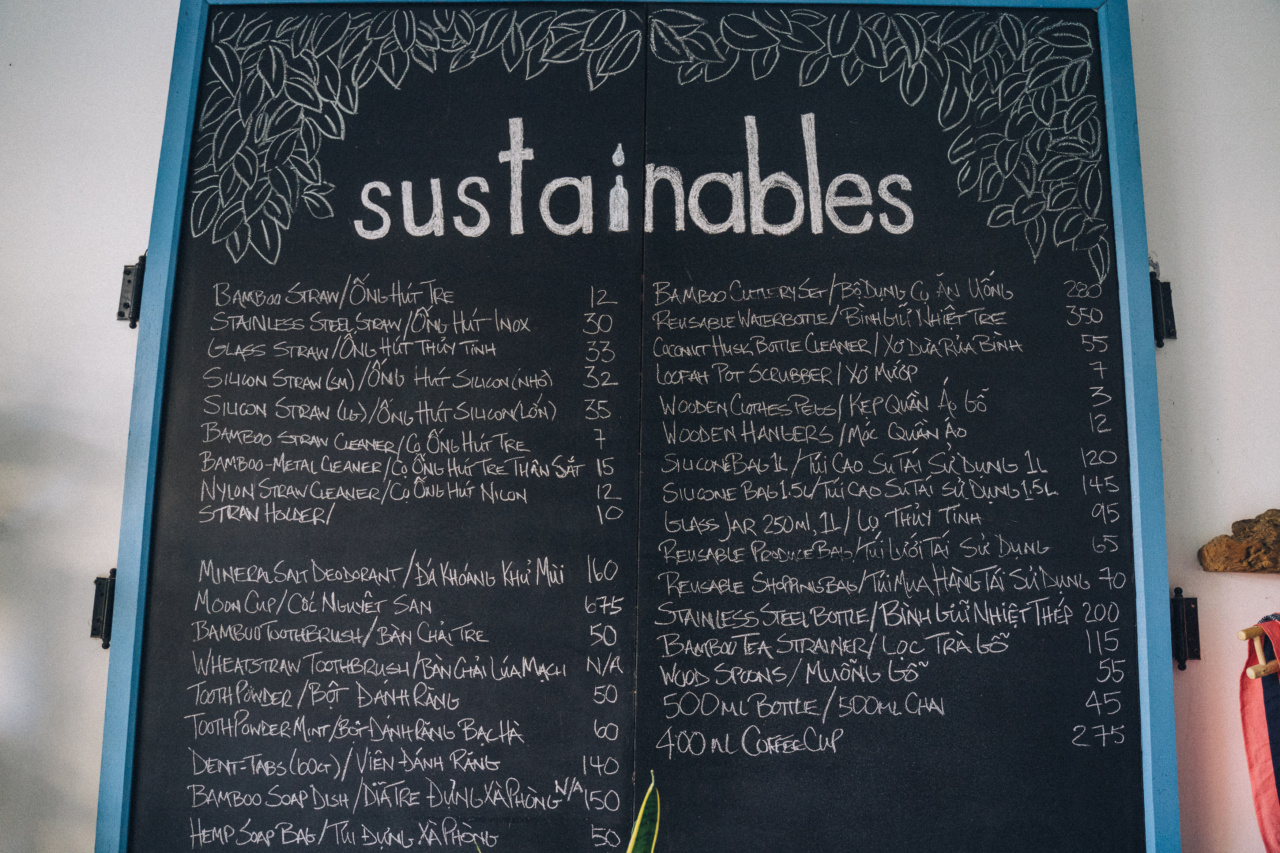In recent years, there has been a significant rise in the popularity of organic products. Many people are opting for organic food, clothing, and beauty products due to a perception that they are better for the environment.
But is this perception accurate? Are organic products truly environmentally friendly? In this article, we will explore the various aspects of organic products and their impact on the environment.
The concept of organic farming
Organic farming is a method of agriculture that relies on natural substances and processes to maintain soil fertility, control pests, and promote plant growth.
Unlike conventional farming, organic farming does not use synthetic chemicals such as pesticides, herbicides, and fertilizers. Instead, it focuses on sustainable practices that work in harmony with nature. This approach aims to create a balanced ecosystem and minimize the negative impact on the environment.
Benefits of organic farming
1. Soil health: Organic farming practices prioritize soil health by using techniques such as crop rotation, mulching, and composting.
These practices help improve soil structure, increase organic matter content, and enhance the soil’s ability to retain water. Healthy soil promotes biodiversity and reduces erosion, leading to a more sustainable agricultural system.
2. Reduced pesticide usage: One of the main advantages of organic farming is the elimination or significant reduction in the use of synthetic pesticides.
Pesticides used in conventional farming can have detrimental effects on the environment by contaminating water bodies, harming non-target organisms, and contributing to the development of pesticide-resistant pests. By avoiding the use of synthetic pesticides, organic farming helps protect the ecosystem and maintain a healthy balance of pests and beneficial insects.
3. Preservation of biodiversity: Organic farms encourage biodiversity by providing habitats for a wide range of plants, animals, and microorganisms. They typically have more diverse landscapes, including hedgerows, ponds, and uncultivated areas.
This diversity supports pollinators, natural predators of pests, and other beneficial organisms. By preserving biodiversity, organic farming contributes to the overall health and resilience of ecosystems.
Challenges and limitations of organic farming
While organic farming offers several environmental benefits, it is not without its challenges and limitations.
1. Lower yields: Organic farming often yields lower crop yields compared to conventional farming methods. This is primarily due to a lack of synthetic fertilizers and targeted pesticides.
The lower yields can result in increased land use and potentially encroach on natural habitats to meet the demand for organic products.
2. Transportation and carbon footprint: Organic products are often transported over long distances to reach consumers. This transportation contributes to carbon emissions and can negate some of the environmental benefits of organic farming.
To maximize the environmental friendliness of organic products, it is important to consider factors such as local sourcing and reduced transportation.
3. Limited scalability: Organic farming practices may not be easily scalable to large monoculture farms that produce a significant portion of the world’s food.
While organic farming can be successful and sustainable on a smaller scale, it may face challenges in terms of meeting the global demand for food in a resource-efficient manner.
Certification and labeling
In most countries, organic products undergo certification processes to ensure they meet certain standards and are genuinely organic. These standards may include regulations for soil management, pest control, and labeling requirements.
Certification allows consumers to have confidence in the authenticity of organic products and promotes transparency in the organic industry.
Consumer choices and impact
Consumer choices play a crucial role in shaping the demand for organic products and their impact on the environment.
By choosing organic options, consumers can support sustainable farming practices and send a market signal for more environmentally friendly alternatives. However, it is important to note that the overall environmental impact of organic products also depends on various factors such as production methods, transportation, packaging, and waste management.
Conclusion
While organic products are generally considered more environmentally friendly than their conventional counterparts, it is essential to consider the broader context and evaluate various factors that contribute to their environmental impact.
Organic farming practices offer numerous benefits such as improved soil health, reduced pesticide usage, and the preservation of biodiversity. However, challenges related to scalability, transportation, and lower yields exist. As consumers, making informed choices and supporting sustainable agricultural practices can contribute to a more environmentally friendly future.































